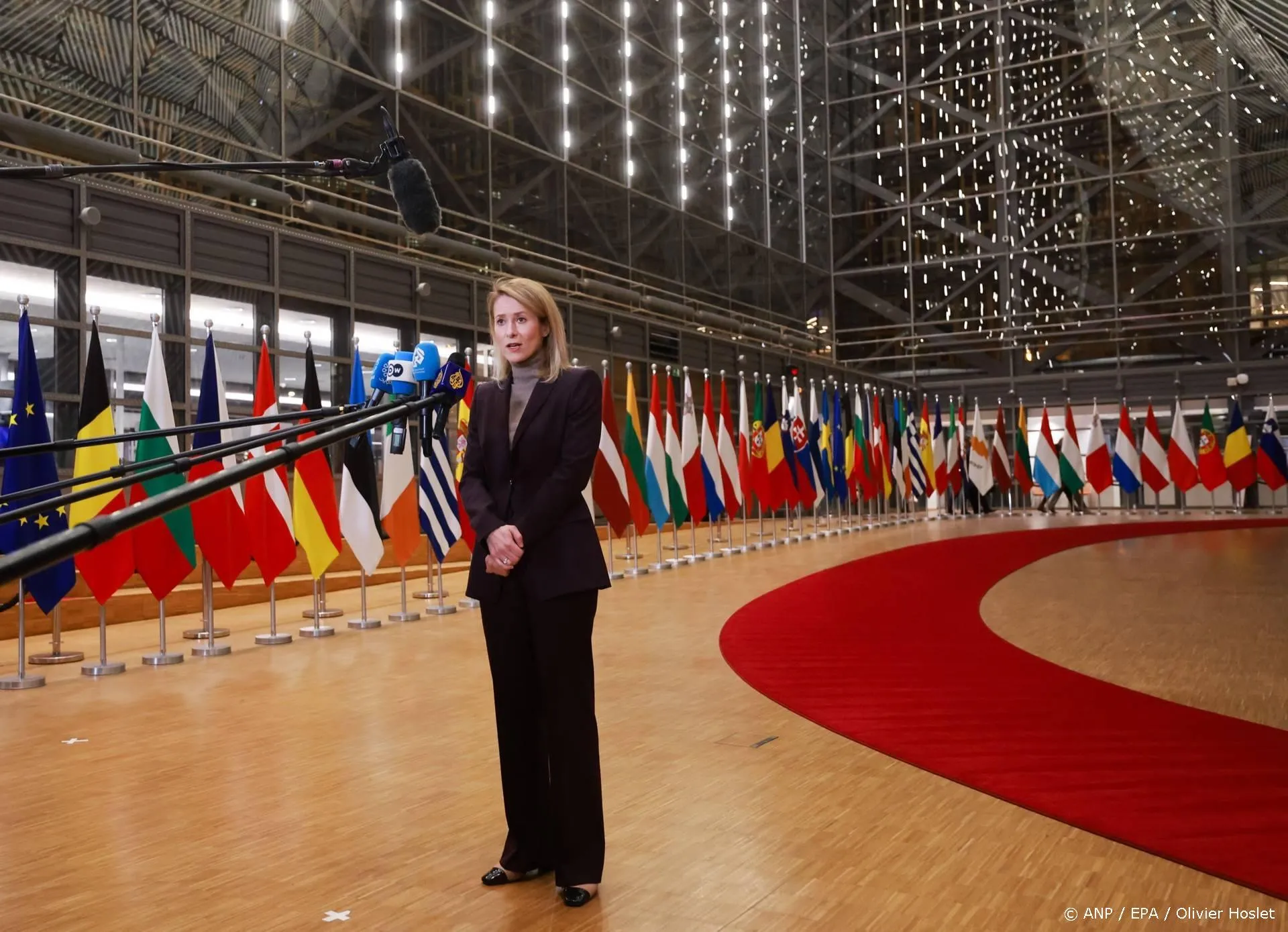Geen klimaatkolonialisme!
China en India wensen geen bindende CO2reductiedoelstellingen
De met veel fanfare aangekondigde klimaatconferentie van Kopenhagen in december 2009, waar in aanwezigheid van vele wereldleiders werd onderhandeld over een opvolger van het Kyotoverdrag, werd een faliekante mislukking. Maar ondanks het feit dat de opwarming van de aarde nu ruim 17 jaar geleden is gestopt, geven de klimaatbevlogenen niet op. Thans wordt weer toegewerkt naar een nieuwe apotheose, de klimaatconferentie in Parijs in 2015, waarvan velen hopen (en anderen vrezen) dat die het echec van Kopenhagen ongedaan kan maken.
Om tal van redenen zal dat niet gebeuren. De reductie van CO2uitstoot heeft directe gevolgen voor de energievoorziening en het energiebeleid van landen. Minder fossiele energie betekent minder of geen economische groei en verlies van soevereiniteit op energiegebied. De ontwikkelingslanden zijn van oordeel dat zij het recht hebben om eerst de ontwikkelingsachterstand op het westen in te halen voordat zij zich op dit terrein inspanningen gaan getroosten. Zij wensen geen klimaatkolonialisme.
De ontwikkelingslanden stellen zich voorts op het standpunt dat de rijke landen door hun CO2uitstoot in het verleden een historische schuld hebben voor de klimaatverandering. Deze schuld zou in hun ogen eerst dienen te worden afgelost, voordat zij zelf aan zet zijn. In deze context speelt een door de rijke landen te financieren fonds van jaarlijks 100 miljard dollar voor 'klimaathulp' aan de derde wereld een belangrijke rol in de onderhandelingen.
Ondanks het feit dat de ontwikkelde landen al vele jaren geleden de suggestie hebben gewekt hier wel iets voor de voelen, is er nog weinig van terecht gekomen. Gezien de hoge staatsschulden en geringe groei waaronder vele van hen gebukt gaan, lijkt het mij ook voor de toekomst weinig waarschijnlijk dat hierin verandering komt. In het licht van de afwezigheid van een quid pro quo is de klimaatconferentie in Parijs in 2015 dan ook tot mislukken gedoemd.
Het diplomatieke zwarte Pietenspel inzake de schuld voor het mislukken van die conferentie is nu al begonnen.
Onder de titel, 'Reality Check: China Still Rejects Binding CO2 Targets', rapporteerde Associated Press:
China and the United States took small steps toward their shared goal of fighting climate change on Wednesday, but the two sides remain significantly apart over a wider global plan to cut carbon emissions.
Chinas chief climate official Xie Zhenhua said China should not be subject to the same rules for greenhouse gas emissions as the United States and other rich countries and that Beijing opposes any attempt to impose them on China at next years world climate conference.
The US special envoy Todd Stern said Washington favors every country deciding what it is capable of doing, instead of being categorized either as a developed country or a developing country in deciding how much a country should contribute to reduce climate change.
Lees verder hier.
Ook India voelt niets voor bindende CO2-reductiedoelsstellingen.
Onder de titel, 'Global agreement on climate change linked to availability of financing through Green Climate Fund: Prakash Javadekar', schreef Urmi Goswami:
Addressing the meeting of the 17 major economies, which account for the bulk of global emissions, Javadekar called for the quick capitalization of the Green Climate Fund by 2015.
At the meeting of the Major Economies Forum currently underway in Paris, Environment Minister Prakash Javadekar has made it clear that a robust global agreement on climate change, scheduled to be finalized in Paris next year, is directly linked to the predictable availability of financing through the Green Climate Fund.
New Delhi has said that developed countries must commit substantial and dedicated funds for climate fund in time for United Nations Secretary General Ban Ki-moon's climate summit in September for developing countries to move ahead on commitments to reduce carbon emissions.
Addressing the meeting of the 17 major economies, which account for the bulk of global emissions, Javadekar called for the quick capitalization of the Green Climate Fund by 2015. The minister said that countries have to agree on a roadmap to meet this deadline.
The minister made it clear to his counterparts in the Major Economies Forum that without clear and positive movement on finance by the industrialised countries the likelihood that many developing countries would submit their emission reduction proposals, known in climate change negotiations parlance as intended nationally determined contributions (INDC), was "very low".
"The probability of many developing countries submitting their INDCs will be very low if the developed countries do not commit substantial amount of climate finance upfront before September 2014 to fund the requirements likely to be depicted in the INDCs and bring it to the notice of the Heads of State of the developing countries," Javadekar told the gathering.
The Indian minister stressed that provision of "substantial" climate finance was "an essential prerequisite for eliciting carefully prepared information on INDCs from the developing countries." Javadekar has effectively put the onus of an ambitious climate change agreement on industrialised countries. By showing the crucial link between availability of adequate and predictable funding and the ambitious efforts to reduce emissions, the minister has made it clear that the rich industrialised countries need to do their "fair share" and not simply demand that developing countries do more to tackle climate change.
New Delhi maintains that the Green Climate Fund must be capitalized at the earliest. "We are concerned that despite being launched in 2009-10, the Green Climate Fund still has empty coffers. The need of the hour is the quick capitalisation as climate actions cannot wait. The Initial Resource Mobilisation meeting in Oslo has hardly produced any result," the minister told the Forum. ...
The Major Economies Forum, is a platform organised by the US State Department, which brings together representatives of the 17 major economies, which account for the bulk of global emissions. In the past, the MEF has provided the informal forum to provide the political impetus for working out negotiating compromises and sought to resolve tricky issues in the global climate change negotiations. Countries comprising the Forum are: Australia, Brazil, Canada, China, the European Union, France, Germany, India, Indonesia, Italy, Japan, Korea, Mexico, Russia, South Africa, the United Kingdom, and the United States
Lees verder hier.
Vele astrofysici verwachten binnenkort afkoeling in plaats van opwarming. Het zou ironisch zijn als deze zich in 2015 al duidelijk zou aankondigen.
De mens wikt, maar Moeder Natuur beschikt.
Voor mijn eerdere DDSbijdragen zie hier.
Ga verder met lezen
Dit vind je misschien ook leuk
Laat mensen jouw mening weten
Lees ook
Loading


